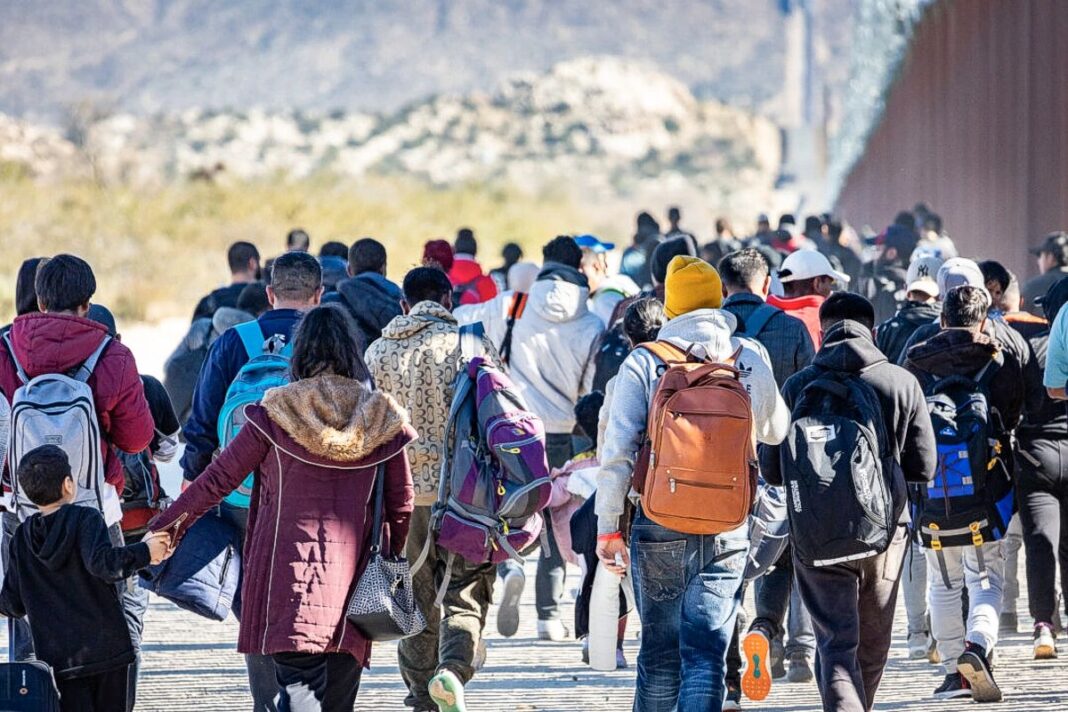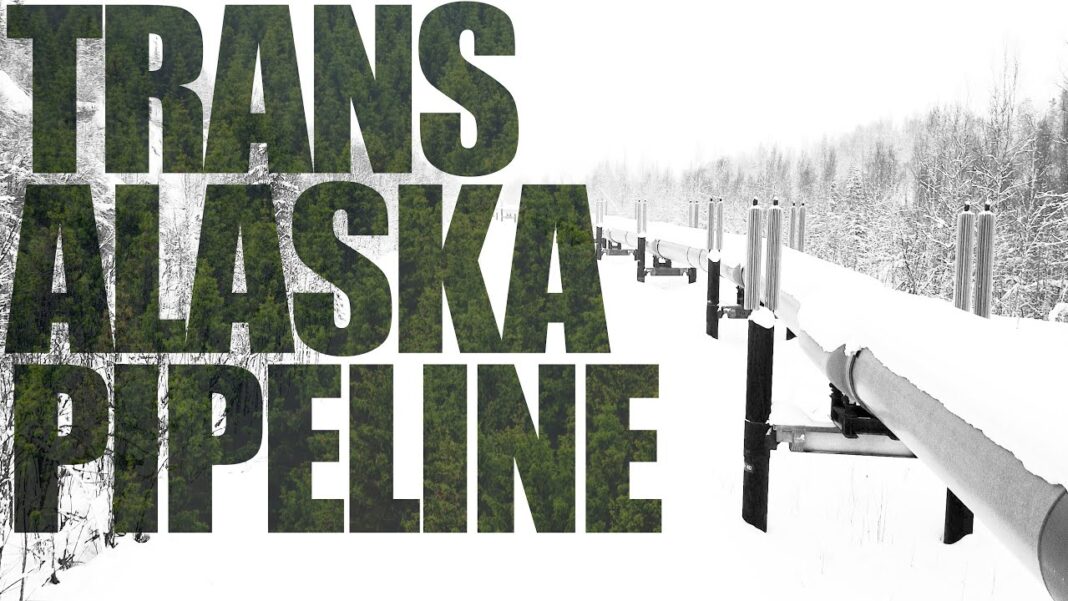California Gov. Gavin Newsom has sued the administration over the deployment.
Members of a federal appeals court on Tuesday questioned what role courts should have in reviewing President Donald Trump’s authority to deploy the National Guard and Marines to Los Angeles.
The three-judge panel of the San Francisco-based Ninth Circuit Court of Appeals is considering the Trump administration’s bid to extend a pause it issued last week.
On June 12, the appeals court granted a request by the administration to temporarily stay a lower court order by District Judge Charles Breyer directing it to return control of the California National Guard to Gov. Gavin Newsom.
The appeals court did not provide details regarding its legal rationale when handing down that ruling.
The president deployed National Guard troops to the longtime sanctuary city earlier this month amid protests over Immigration and Customs Enforcement (ICE) operations.
Newsom is suing to block the federal government’s deployment of troops, arguing it is illegal and exceeds the president’s Title 10 authority.
During Tuesday’s hearing, panel members did not immediately rule on the administration’s request to extend that pause but pressed lawyers on both sides on whether courts could review Trump’s decision.
Judge Mark Benett began the hearing by asking Department of Justice lawyer Brett Shumate whether the department’s position is that the courts have no role in reviewing the president’s decision to call the National Guard.
“There is no role for the court to play in reviewing that decision,” Shumate said. “The statute says the president may call on federal service members and units of the Guard of any state in such numbers that he considers necessary.”
Shumate noted the protests remain ongoing in Los Angeles and said the National Guard is necessary to protect federal officers and buildings.
In a June 7 memorandum, Trump said that he was calling members and units of the National Guard into federal service under a provision of Title 10—Section 12406—to “temporarily protect ICE and other United States Government personnel who are performing Federal functions, including the enforcement of Federal law, and to protect Federal property, at locations where protests against these functions are occurring or are likely to occur based on current threat assessments and planned operations.”
The law allows the president to Guard troops into federal service if “there is a rebellion or danger of a rebellion against the authority of the Government of the United States” or if the United States “is invaded or is in danger of invasion by a foreign nation.”







